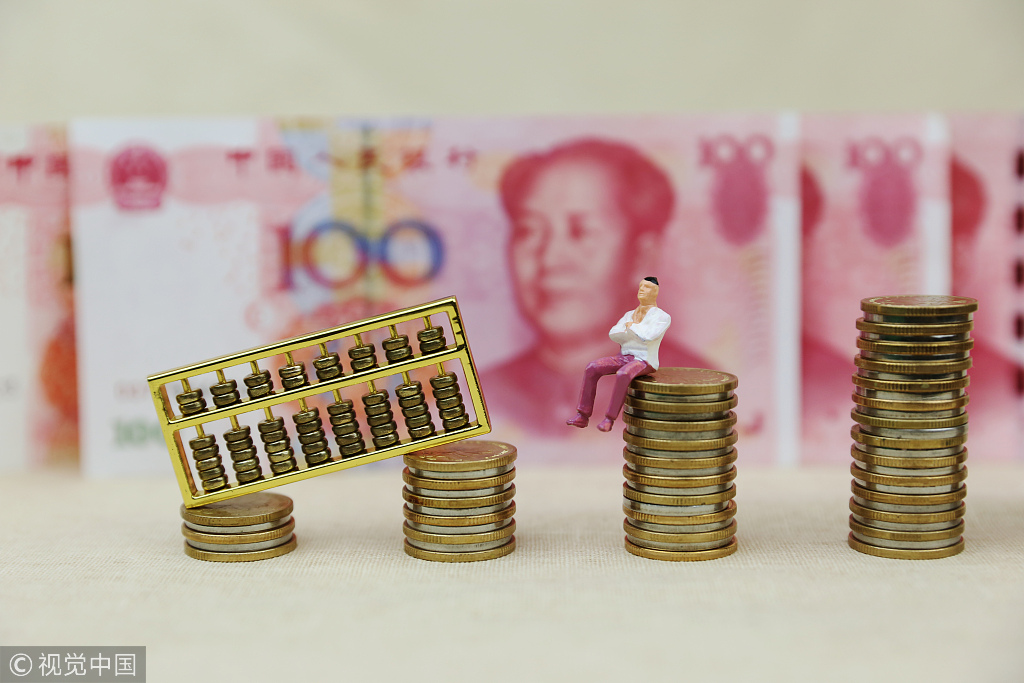EU self-harming by shutting door on Chinese investment: China Daily editorial
China Daily | Updated: 2018-11-19 20:09

The new restrictions on investment expected to be introduced by the European Union belie its commitment to free trade and globalization, and will put a brake on the momentum of Chinese investment in the EU, which does not bode well for their strategic partnership — or indeed the economies of some EU members.
In sharp contrast with China's recent efforts to open its market wider to foreign investment, by significantly improving its market access, the EU has drafted its first unified rules to restrict foreign investment on security grounds.
Agreement on a draft legislation to screen foreign direct investment is expected to be reached between the European Parliament and EU governments on Tuesday, with the supposed aim of countering threats to "critical infrastructure" in the energy, transport, communications and financial industries and "critical technologies" such as semiconductors, robotics and artificial intelligence. Since these are the areas in which Chinese companies are now looking to invest, the restrictive measures are widely viewed as targeting China.
Chinese investment has been flowing into Europe, especially since the global financial crisis, creating jobs and helping lift many EU members out of their economic doldrums. In 2017, China's annual investment in Europe reached $42 billion, as compared with $840 million in 2008. Total Chinese investment in Europe during the period surpassed that in the United States by 45 percent.
Yet many Chinese companies seeking a foothold in Europe have already been excluded from takeovers or government contracts in certain sectors on what are claimed to be national security grounds.
Fears in Europe that Chinese investments may threaten the bloc's security are politically motivated; there is nothing to indicate that Chinese investment has threatened, is threatening or will threaten European security in any field, in any way.
Confronted with the growing competitiveness of Chinese companies in sectors in which they are used to being the undisputed leaders, there is a heightened sense of strategic crisis in the EU and other developed economies, which has prompted them to close their doors to Chinese investment. Yet doing so will only hurt their economies.
Successful companies based in the developed countries became multinationals by investing overseas, it is natural that Chinese companies that now have the wherewithal should seek to do likewise.
The EU and the US should bear in mind that China is the most successful large economy in the world in modern times and its economic development derives from its opening-up. Attracting foreign investment has helped boost its economy, and Chinese investments can now inject fresh momentum into other economies, including the EU.
























